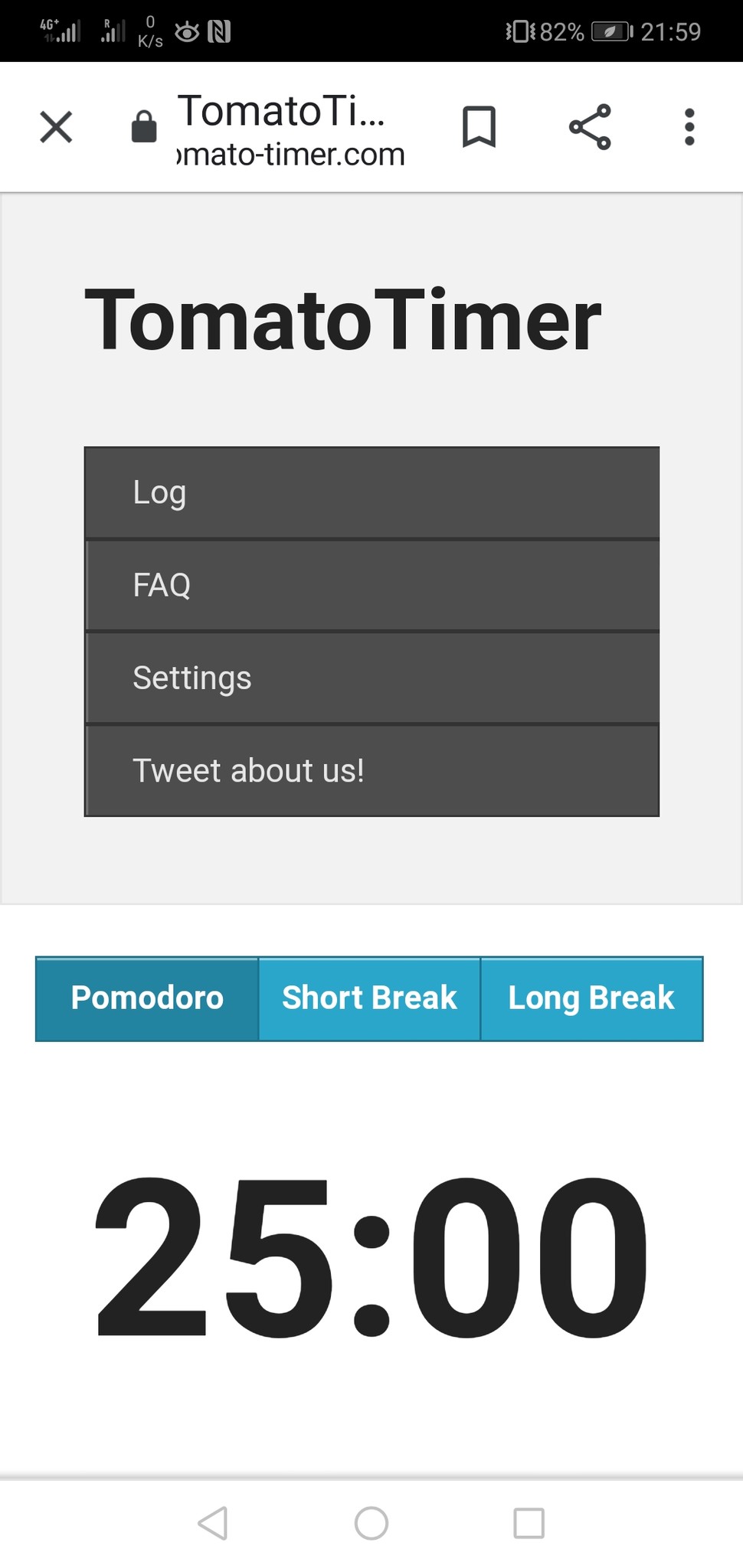Stay focused! Deep Work and its benefits
On the 6th and 7th of March 2020 Währing held the traditional Mini UNIV, an annual student congress, this year’s theme being leadership. Some of us prepared short contributions to develop a specific aspect of this topic. The main point was: what makes a good leader? How can I develop the qualities that will enable me to lead properly?
To be a good leader, it is essential to develop deep work habits, for example. Mónica illustrated what Deep Work is and how to achieve it, taking inspiration from Cal Newport’s book: „Deep Work”.
Cal Newport defines Deep Work as „Professional activity performed in a state of distraction-free concentration that push your cognitive capabilities to their limit. These efforts create new value, improve your skill, and are hard to replicate.” In other words, Deep Work is achieved when we carry out an activity or task without any distraction.
The opposite of Deep Work is Shallow Work: „Non-cognitively demanding, logistical-style tasks, often performed while distracted. These efforts tend to not create new value in the world and are easy to replicate.” Making a phone call to arrange logistics is an example of Shallow Work, while preparing for an upcoming keynote presentation is an example of Deep Work.
According to Newport, making a schedule in advance is essential for developing our Deep Work skills effectively. This schedule must, of course, be customized according to our job or field of studies, needs, duties, habits etc. and is always a personal one. However, preparing a schedule is not enough: if we want to respect it, we must be able to commit to it and this is often easier said than done.
Here are four tips to stick to our personal schedule (for more information click here):
1. Time pressure.
By establishing a feasible time limit we are forced to leverage deep concentration so that we can complete the task. In our race against the clock we use every strategy at our disposal to improve our efficiency.

2. Productive mediation.
Take a break and do something else, before you focus again on a work problem again: „The goal of productive meditation is to take a period in which you’re occupied physically but not mentally—walking, jogging, driving, showering—and focus your attention on a single well-defined professional problem.”
3. Practise memory games.
You can actually train your concentration with games or simple activities such as learning a song or poem by heart, memorizing a list of words or a deck of cards, or the order of a stack of books. The concentration required by memorization is beneficial when the time comes for you to sit down and direct your full focus towards an important task at work.
4. Eliminate digital distractions.
To Cal Newport social media tools are designed to be addictive and fragment your attention. That’s why he encourages us to quit social media. This is a very radical solution. We all know the importance of social media: in these difficult times it enables us to keep in contact with the world and with the people we love. But it is a fact that checking or using social media can reduce our capacity of concentration capacity, and that’s why we should learn how to separate work tools (Slack, Microsoft Teams, Zoom, Email-Box of the university…) from the social media where we chill or get informed or chat with people (WhatsApp, Instagram, Facebook…).
Follow these tips (time pressure, productive mediation, memory games and less social media) in order to achieve an effective Deep Work. If you learn how to stay focused, you will be more productive and reach your goals. This quarantine will turn into a very productive period and some day you will be a good leader!
The book: Deep work. 2016. Cal Newport. Grand Central Publishing.
Auf Deutsch: Konzentriert arbeiten. Regeln für eine Welt voller Ablenkungen. 2019. Cal Newport. München: Redline Verlag.
Giulia & Mónica
(Thanks Stefania for proofreading!)



